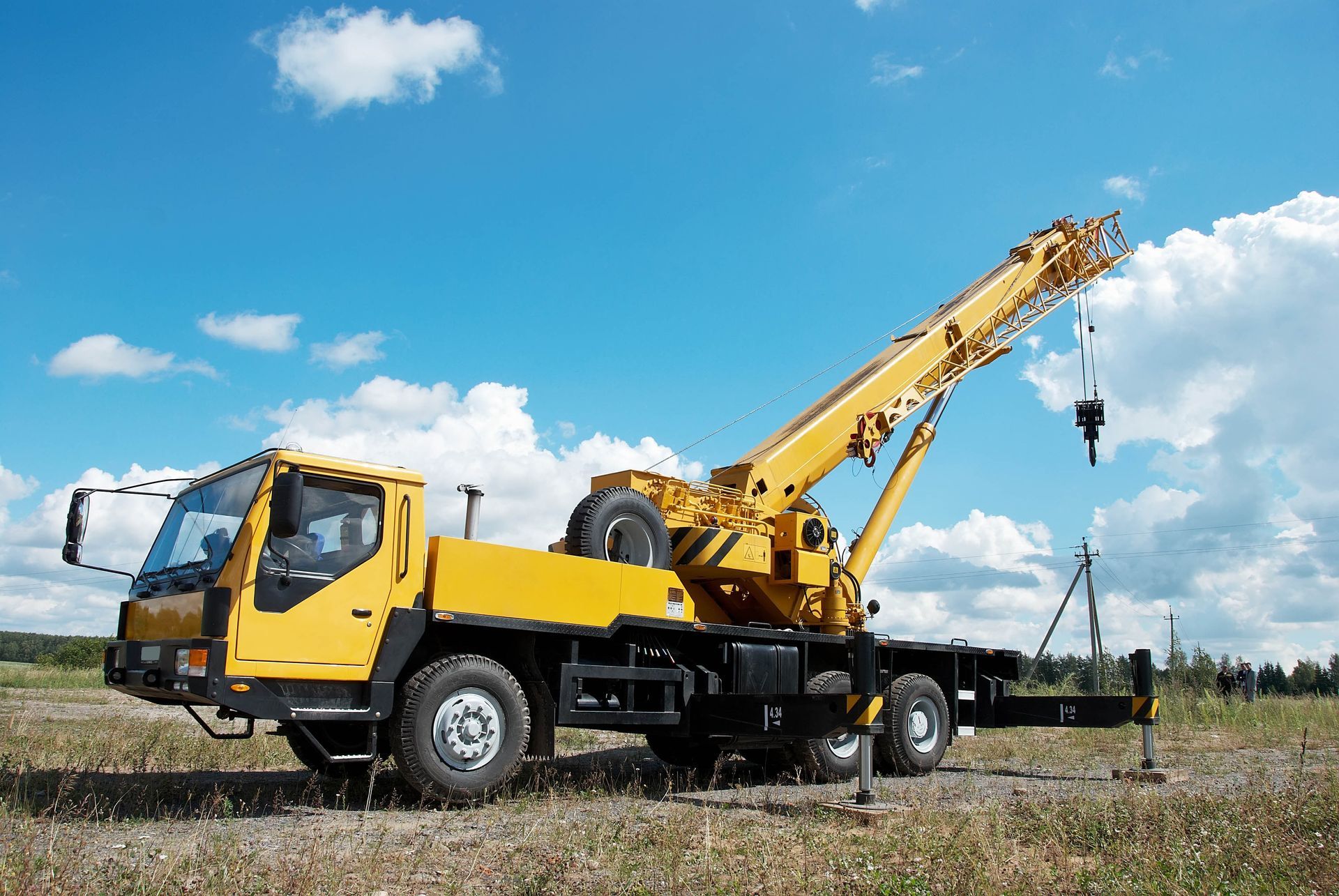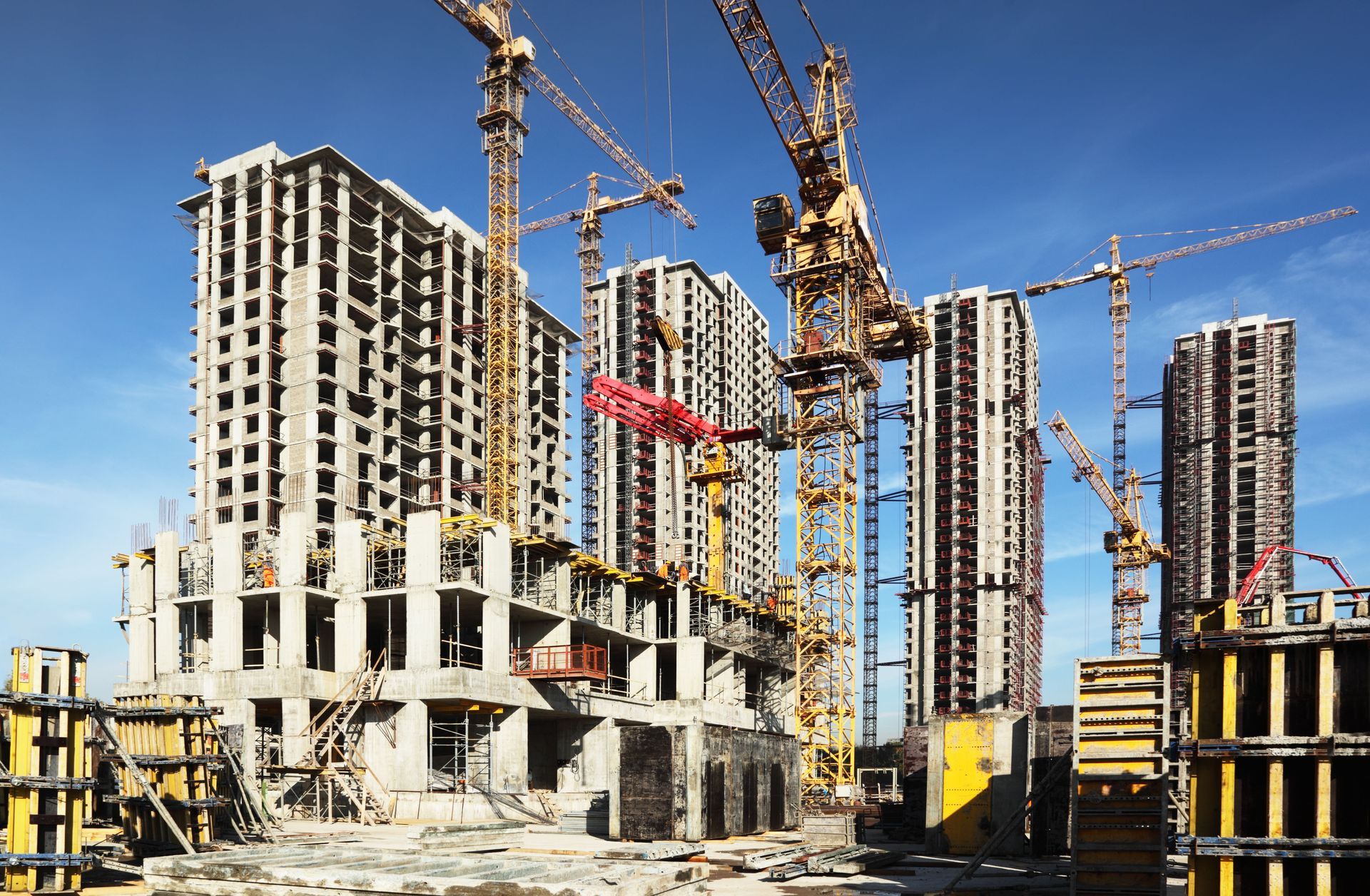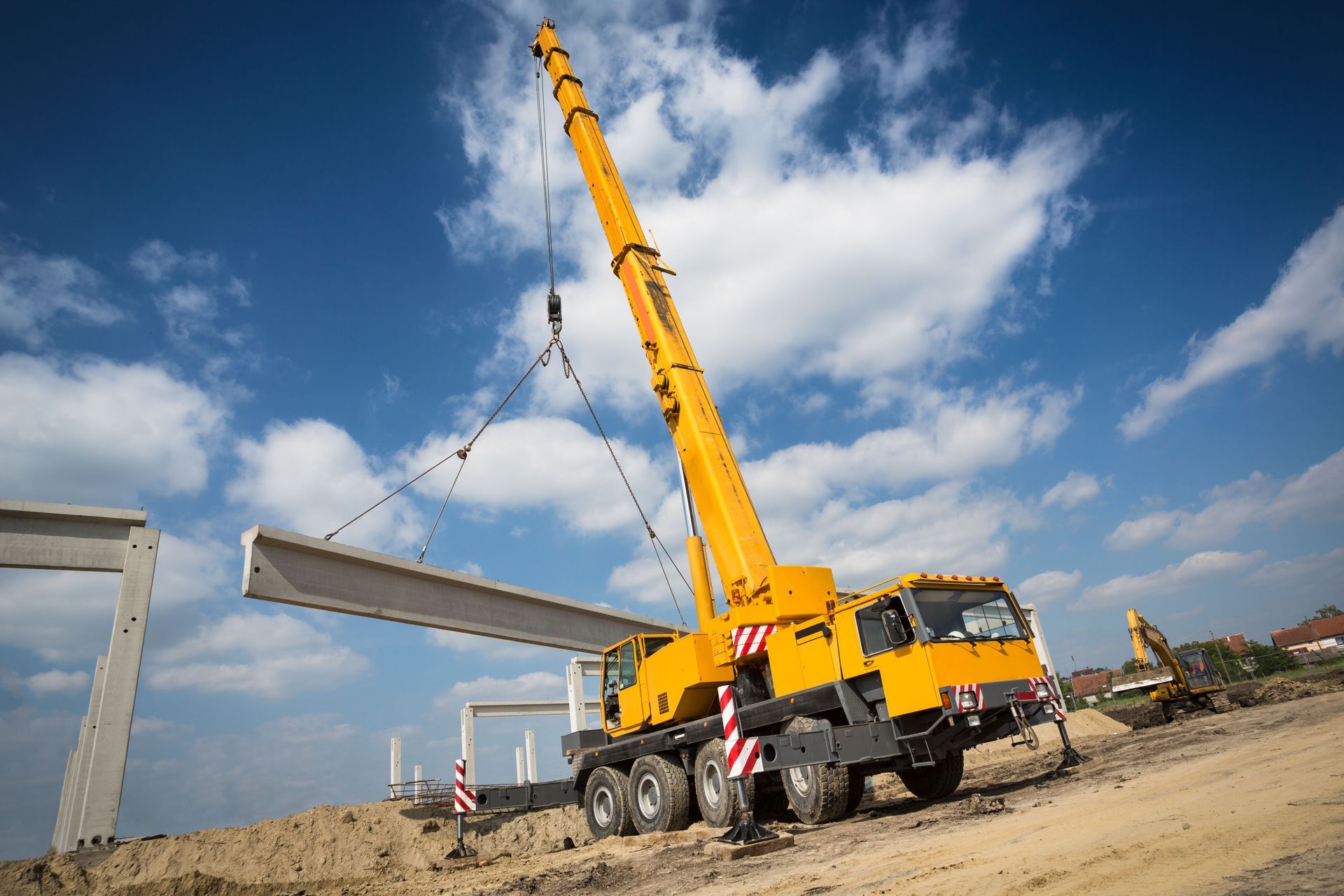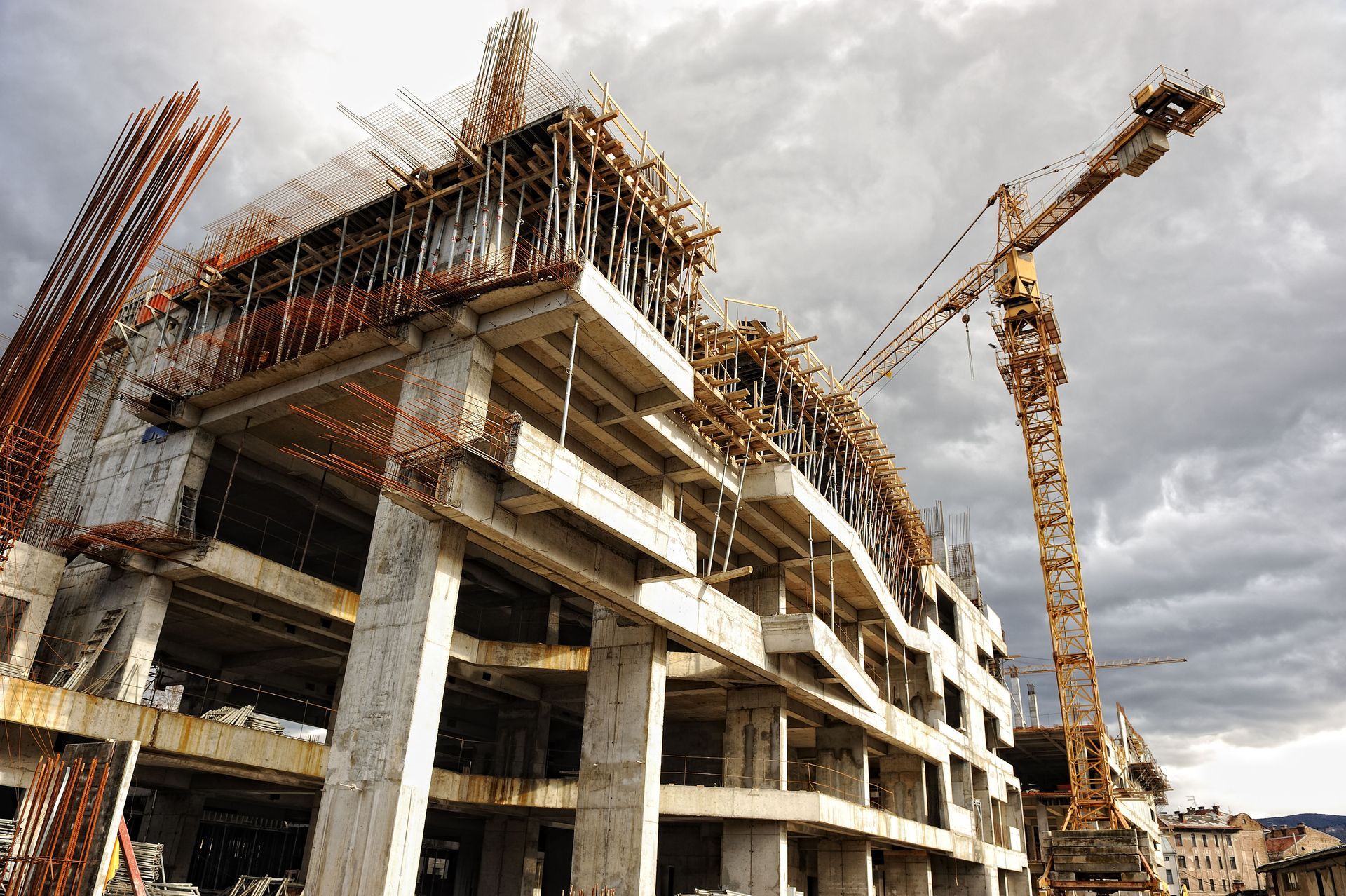Crane Rental Safety: What You Need to Ask Before Signing a Contract
In the construction industry, safety is paramount, especially when it comes to renting and operating cranes. Understanding the crucial questions you should ask before signing a crane rental contract can significantly mitigate risks. This article delves into the key considerations to ensure safety and compliance during crane operations. Asking the right questions not only ensures workplace safety but also helps in the efficient execution of projects. By being proactive, project managers can avoid potential pitfalls associated with crane rental services and ensure that all operations are up to regulatory standards.
Experience, Reputation, and Track Record
A rental company's experience, reputation, and track record are critical factors to consider when selecting crane services. Start by researching the company's history in the industry, including how long they have been operating and their success with past projects. A company with extensive experience is likely to have developed robust safety protocols and procedures, which can be beneficial in mitigating operational risks. Reputation can be gauged through online reviews and industry-specific forums where clients discuss their experiences with various providers. In addition, companies that have handled a breadth of projects are usually better equipped to provide solutions tailored to specific needs.
Safety Records, Certifications, and Operator Qualifications
The safety records of a rental company should be scrutinized thoroughly. A company with a clean safety record is more likely to adhere to high safety standards, thereby minimizing the likelihood of accidents. Also, check for any certifications that the company may have received from recognized safety organizations. Certifications serve as proof that the company meets specific safety criteria and complies with industry regulations. Additionally, inquire whether the company's operators have licenses or certifications from relevant authorities, as this ensures that they are qualified to operate cranes safely.
Insurance Coverage and Policy Details
Comprehensive insurance coverage is a fundamental requirement for any crane rental agreement. Insurance protects all parties involved in case of accidents or damages, covering potential financial liabilities. It's essential to understand what the insurance policy covers, including any limitations or exclusions. Ask for a detailed breakdown to ensure that there is coverage for both the equipment and personnel. Verifying the insurance details provides peace of mind and minimizes financial risk, allowing all parties to focus on successful project completion.
References and Client Testimonials
Requesting references and testimonials can provide valuable insights into the quality of service offered by a crane rental company. Past clients can provide firsthand accounts of their experiences, offering a clear picture of what to expect. Speaking with previous customers helps in assessing the reliability and performance of the equipment, as well as the competence of the operators. Testimonials can serve as a measure of customer satisfaction and company reputation, which are crucial in determining reliability. This information can be especially useful in deciding whether a company is capable of meeting your project's specific requirements.
Support, Training, and On-Site Assistance
Support and training are critical components of a successful crane rental agreement. A company that offers operational support and training demonstrates a commitment to safety and efficiency. Determine if the company offers on-site training for crane operators and safety personnel to ensure smooth operations. Support services, such as technical assistance and maintenance, also play a pivotal role in preventing project delays. Effective training and support can drastically reduce the chances of operational mishaps, promoting a safe working environment.
Types of Cranes Available
Understanding the types of cranes offered and their suitability for your project is a crucial aspect of renting a crane. Different cranes have varied capabilities and limitations, and selecting the wrong type can hinder project performance. According to Future Market Insights, low- to medium-capacity mobile cranes (ten to 100 tons) are the most widely used in the U.S. crane rental market because they are versatile, mobile, and can operate in tight urban spaces. Having a clear understanding of your project requirements will guide your choice in selecting the proper crane type. Consider the terrain, load weight, and any specific project requirements when making your selection.
Maintenance and Inspection Procedures
Knowing the maintenance and inspection protocols of the rental equipment is vital for ensuring safe operations. Regular maintenance ensures that the equipment remains in optimal condition, reducing the risk of failure or accidents. Each crane should undergo routine inspections by qualified personnel, and records of these inspections should be readily available. Understanding these protocols provides confidence that the equipment will perform as expected and that safety has been prioritized. Inquire about the frequency of maintenance checks and the specific points of inspection that are included in the routine checks.
Age and Condition of Equipment
The age and condition of the rental equipment can greatly influence the outcome of your project. Older machines may be more prone to breakdowns and may lack modern safety features, potentially increasing risks. It is important to examine the condition of the equipment visually and request maintenance records to verify its reliability. Newer models often come with advanced technology that enhances precision and safety during operations. Ensuring that the machines are in good condition is essential for both safety and efficiency on the job site.
Technology and Safety Features
Modern cranes are equipped with a variety of technological advancements and safety features that can significantly enhance operational safety and efficiency. Features such as load moment indicators, anti-collision systems, and remote monitoring can prevent accidents and ensure precise operation. Understanding these features allows you to utilize the equipment to its fullest potential, ensuring both safety and performance. Evaluate what technology and safety tools the equipment is equipped with before making a rental decision. Such features not only provide enhanced operational capabilities but also contribute to compliance with safety regulations.
Compatibility with Project Requirements
For successful project execution, it is essential to ensure that the equipment is compatible with your specific project requirements. Each project varies in terms of scale, complexity, and operational environment, necessitating cranes with specific attributes. Conduct a thorough analysis to understand your project needs, considering aspects such as site access, load types, and the necessary range. Compatibility stretches beyond just the physical capabilities of the crane; it also includes adaptability to handle any unforeseen changes in project scope. Proper alignment between equipment capabilities and project requirements will foster improved efficiency and reduce operational challenges.
Choosing a safe and reliable rental service involves careful consideration, detailed research, and thorough questioning. By addressing the key aspects discussed, including equipment quality, operator certification, safety protocols, and compliance with industry regulations, you can ensure safety, efficiency, and accountability on your construction site. Always make safety the top priority, as doing so fosters a secure working environment, protects your workforce, and prevents costly delays or accidents.
A diligent, well-informed approach to selecting a crane rental service not only guarantees compliance with legal and safety standards but also optimizes overall project performance. Partnering with a company that upholds high operational standards reflects your own commitment to excellence and professionalism. By making thoughtful choices, you contribute to safer practices within the construction industry as a whole and significantly increase the likelihood of project success.
Do you need a crane rental for your next construction project? Contact the professionals at Gator Crane Service of Tampa Bay for dependable equipment, skilled operators, and comprehensive support for all your crane-related needs in Tampa Bay and the surrounding areas.





Share On: